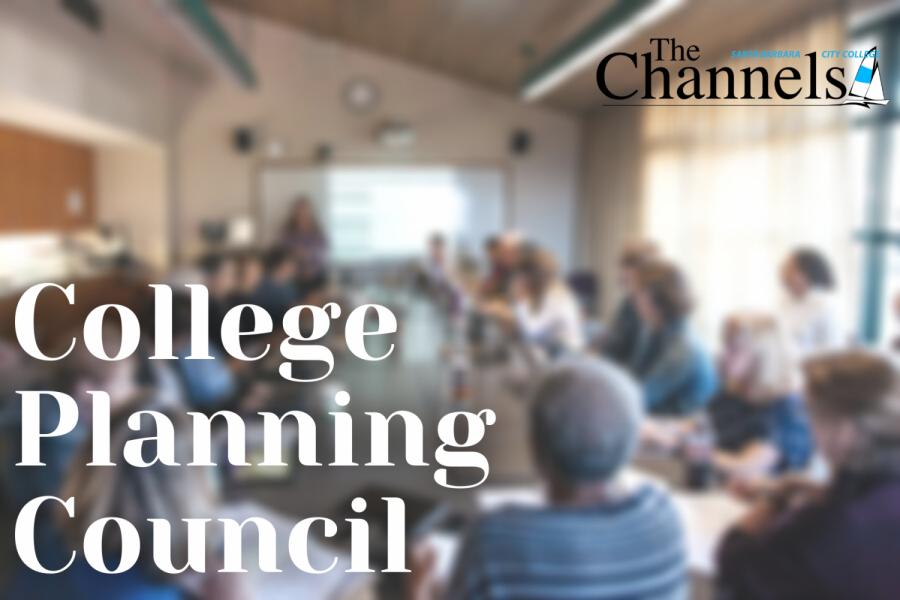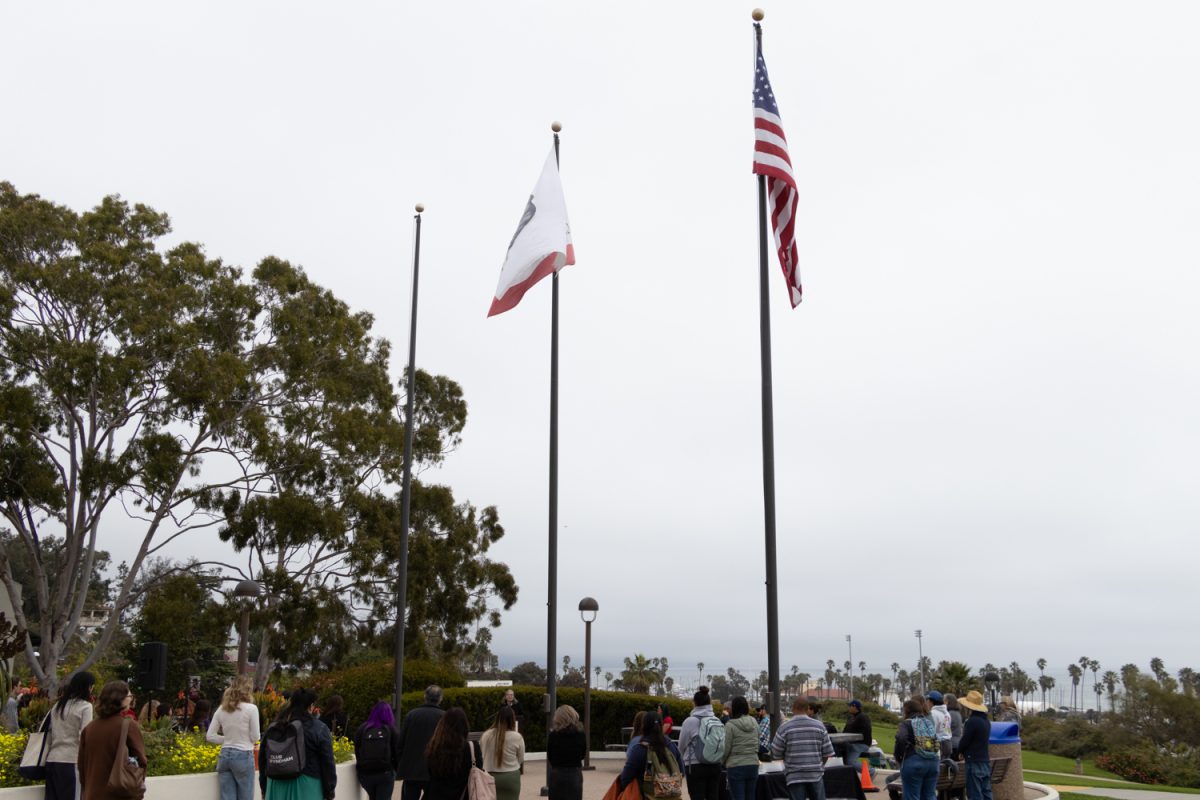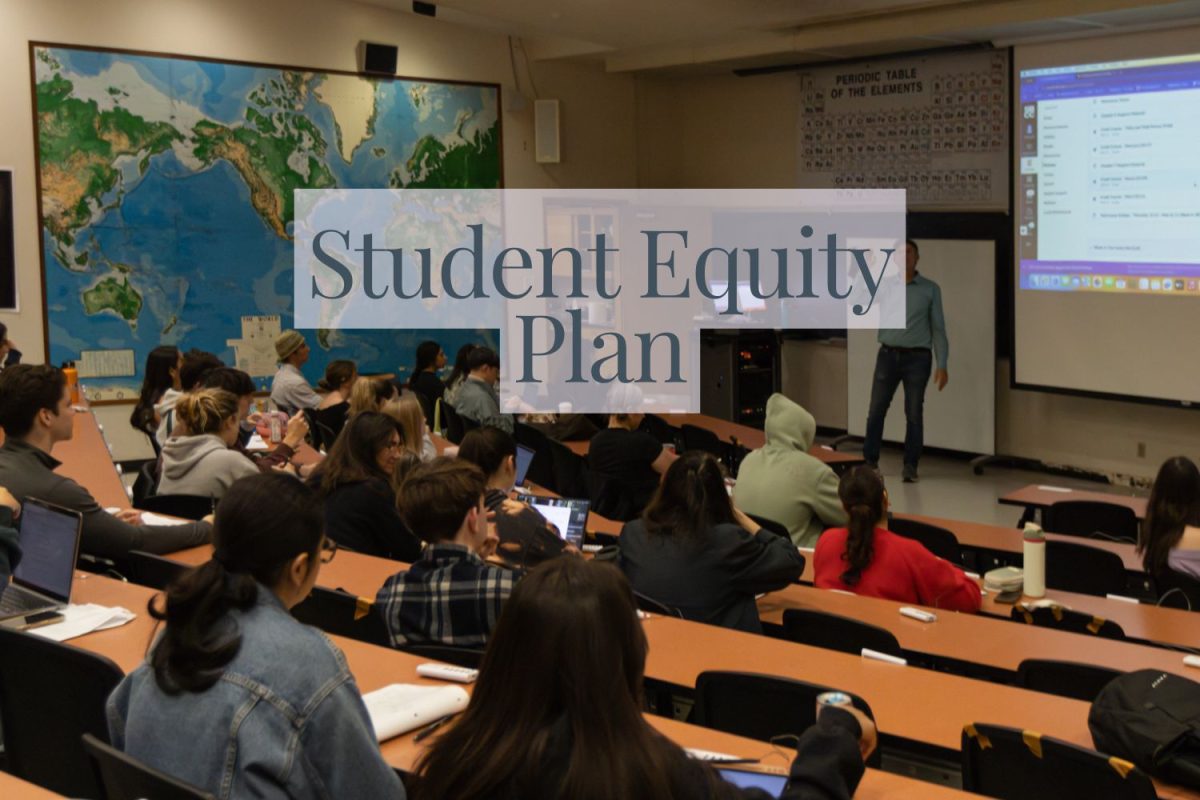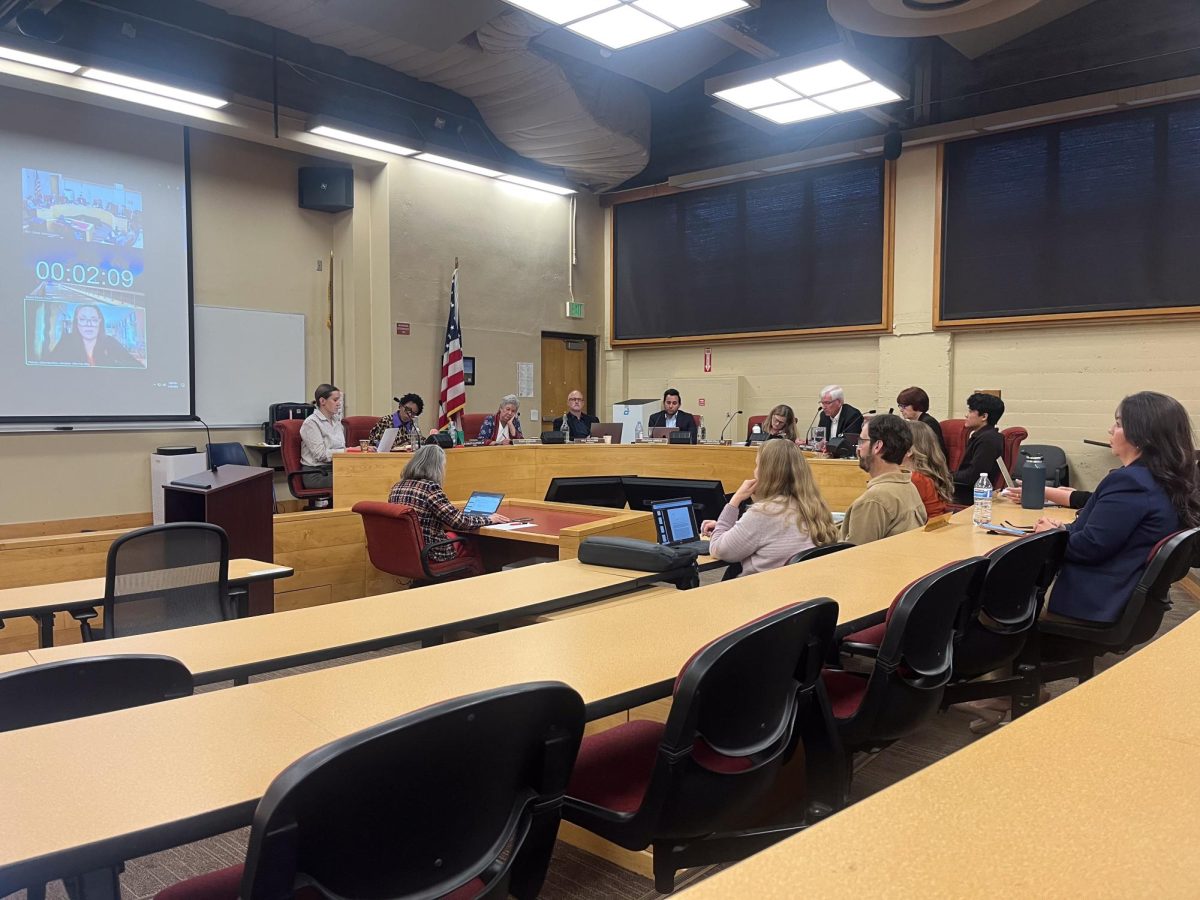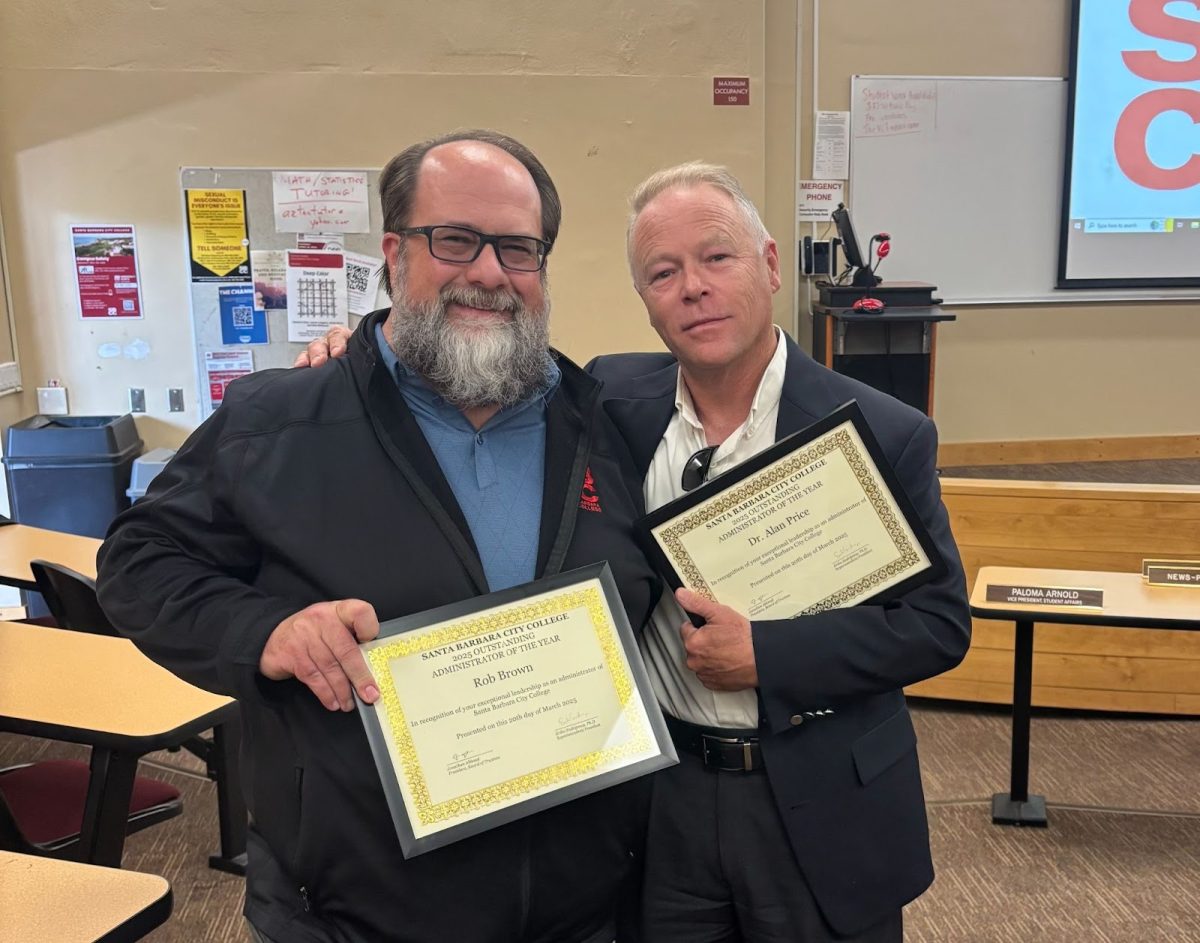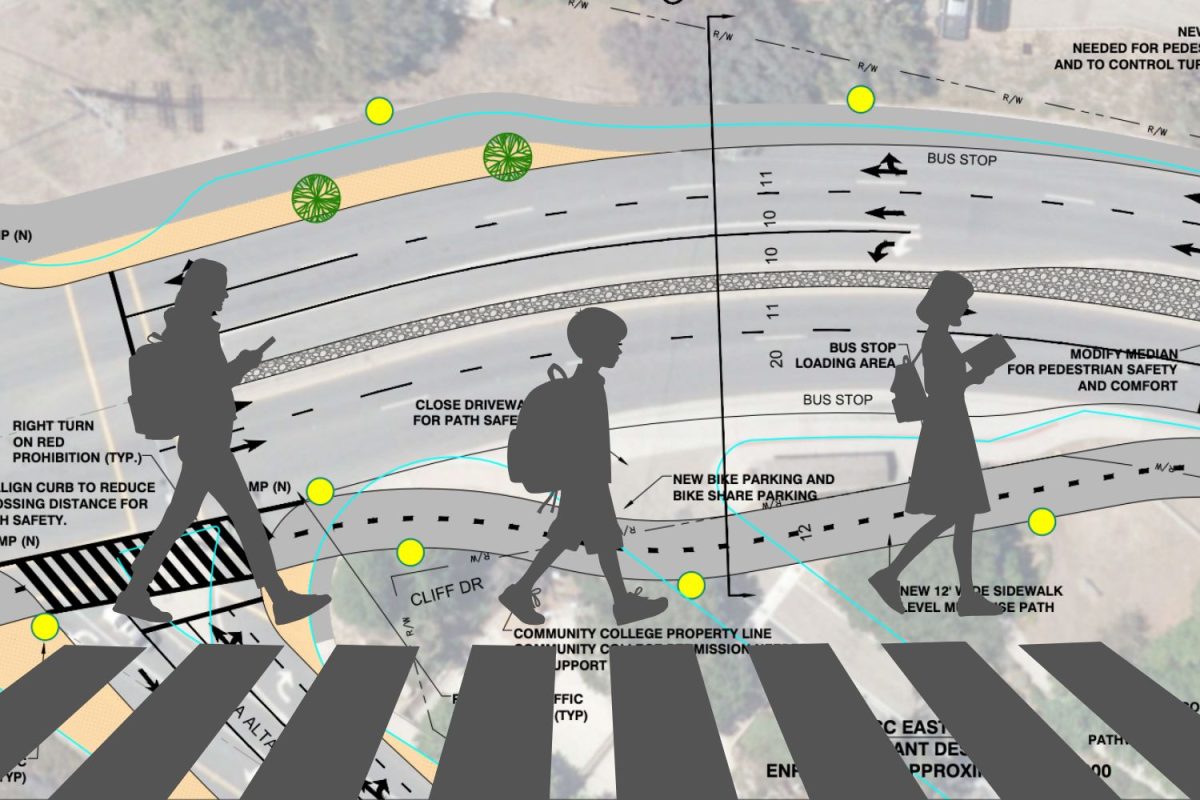Superintendent-President Utpal Goswami rejected a proposal to create a task force for improving governance processes and equity, diversity and inclusion at the college during the College Planning Council meeting Tuesday.
The proposal presented by council members Patricia Stark and Pamela Ralston was rejected because it included predetermined volunteer members, without clear guidelines on who got to be included in the taskforce.
“We need to have a better process of having people in the committee who will make the ultimate impact on the governance of the institution,” Goswami said. “I’m very firm on that.”
The task force would have been in charge of improving governance and decision-making at the college to work towards a clearly-defined goal of equity, diversity and inclusion.
Improvements include the newly-formed Campus Climate Advisory Committee and providing committees with transparency tools among other things across a three-year plan.
The improvement plan came directly from the self-evaluation report the college submitted for accreditation last year in preparation for the accreditation commission to “virtually visit” on March 5.
Right now, the virtual visit entails the commission coming together to review the report.
The council also discussed ways to make participation in committees more accessible to the college community.
Council member Raeanne Napoleon brought up an idea, suggested during the campus climate town hall meeting last week, to appoint one person who will put together a summary of all the committee meetings across campus.
“A little weekly summary of what’s going on on our campus could be really powerful,” council member Robbie Fischer said.
He reiterated that it would be a step towards transparency, but Stark brought up the concern that it would be “sensitive work” for one person to determine what is of value to the community.
A few other ideas were thrown around, but no formal decision was made on the topic.
Goswami and several other members raised a suggestion for the council to dedicate a special meeting to defining important words like equity, racism, safe space and transparency.
“We need some common definitions of some of the terms that we throw around so people know what we’re talking about,” he said.
That special meeting would also include a discussion on the use of $11.8 million of COVID-19 relief funds.
Ralston updated the council on a new federal grant the college is applying for in collaboration with the Santa Barbara Unified School District.
The grant could provide up to $277,000 over five years to serve at least 500 students in getting engaged with secondary and higher education.
Early ideas for ways the grant could be used include a bridge program for incoming City College students and a program that could engage students as young as ninth graders.
The council will reconvene on Feb. 16.


